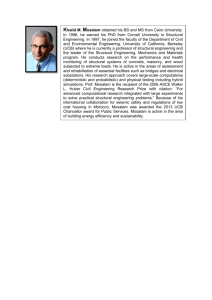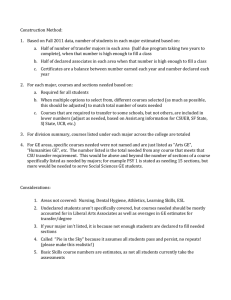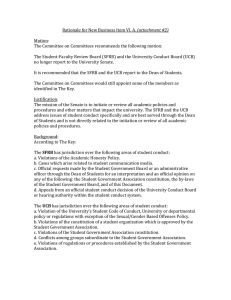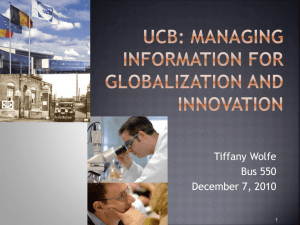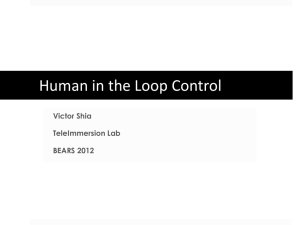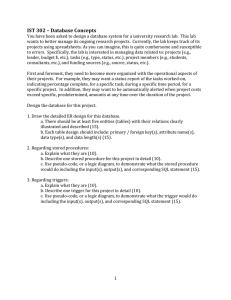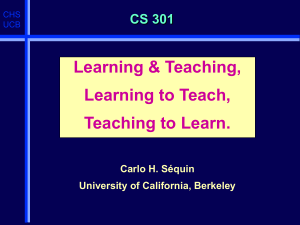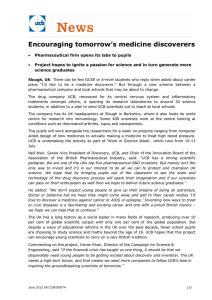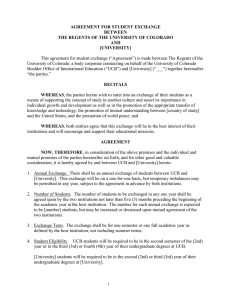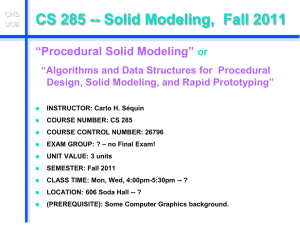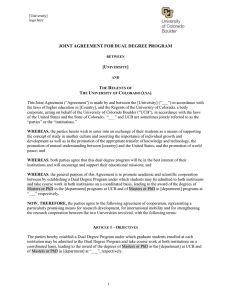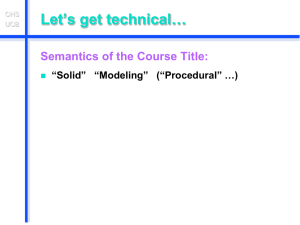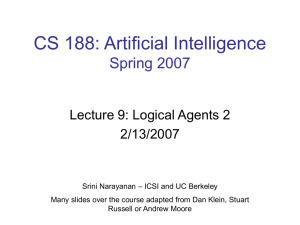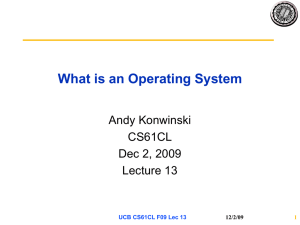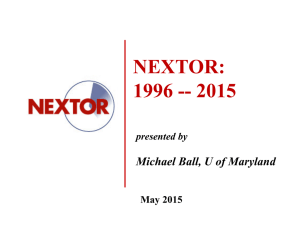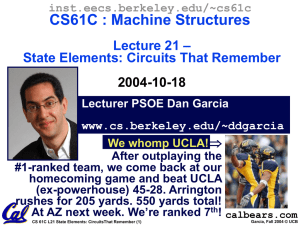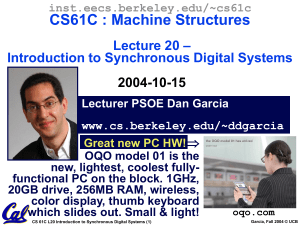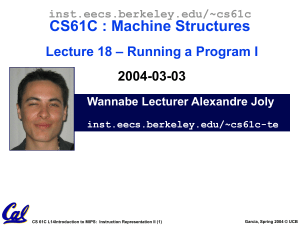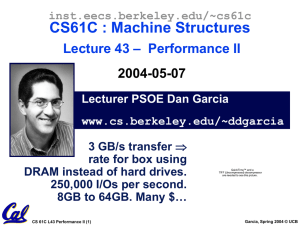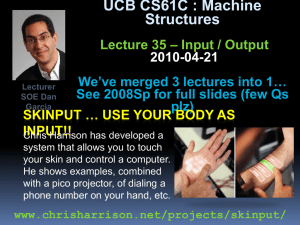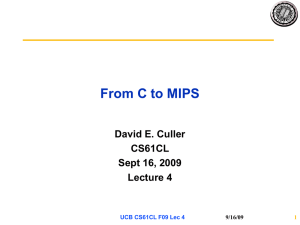Document 11781601
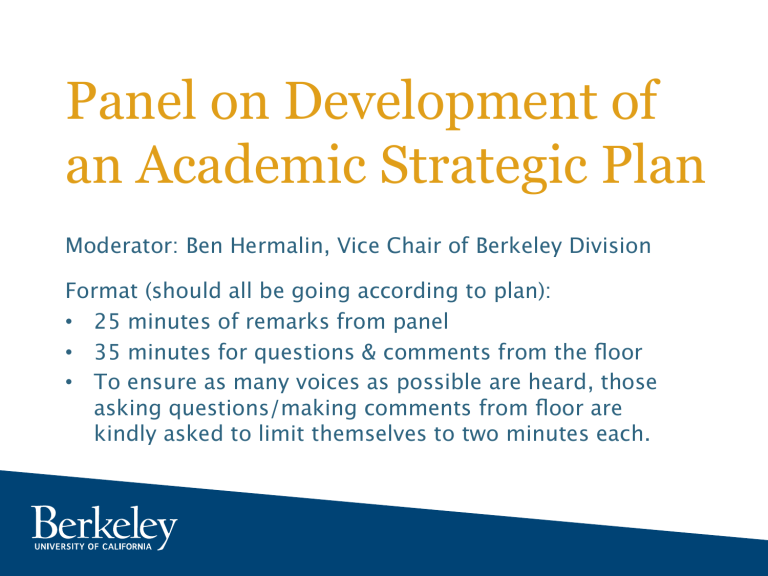
Panel on Development of an Academic Strategic Plan
Moderator: Ben Hermalin, Vice Chair of Berkeley Division
Format (should all be going according to plan):
• 25 minutes of remarks from panel
• 35 minutes for questions & comments from the floor
• To ensure as many voices as possible are heard, those asking questions/making comments from floor are kindly asked to limit themselves to two minutes each.
UCB Division Meeting| Strategic Academic Planning
Panelists (in order of speaking)
• Ben Hermalin b,c,d,s (Economics & Bus. Admin.)
• Fiona Doyle c,d,s (Materials Science and Engineering)
• Barbara Spackman b,c (Italian Studies & Comp. Lit.)—
remarks read by B. Hermalin
• Birgitta Whaley b (Chemistry)
• Steve Hinshaw c (Psychology)
– experiences (current & former): b = Budget
Committee; c = dept. chair; d = decanal; s = Senate leadership
2
UCB Division Meeting| Strategic Academic Planning
Why Now?
• Over a decade since last academic planning
• Fields, student interests, etc. have evolved
• Funding models have changed
• New opportunities/threats have emerged (
e.g.
, online education)
3
UCB Division Meeting| Strategic Academic Planning
Drift is Dangerous
4
UCB Division Meeting| Strategic Academic Planning
The Issues: Objectives
• What is our mission in the 21 st century?
• Excellence is multidimensional and opinions vary as to the weights we assign the dimensions.
• How do we judge the tradeo ff between depth and breadth of excellence?
• … the tradeo ff between meeting student demand for popular majors/programs and providing a broad education?
• … resource issues when achieving/maintaining excellence has di ff erential costs across fields/majors/programs?
5
UCB Division Meeting| Strategic Academic Planning
The Issues: Resources
• We are highly constrained
• State funding is not coming back — can’t be cargo cultists
• Fund raising is, ideally, a (partial) solution — but primarily in the long run
• Intermediate run requires generating revenue via smart use of resources ( programs ( e.g., e.g.
land) and via revenue-generating
, professional masters degrees)
• These in turn generate many issues for academic planning:
– tradeo ff s between equity and incentives
– allocation of resources between fields/majors/programs that can readily generate revenue and those that cannot
– faculty workload
– maintaining quality
6
